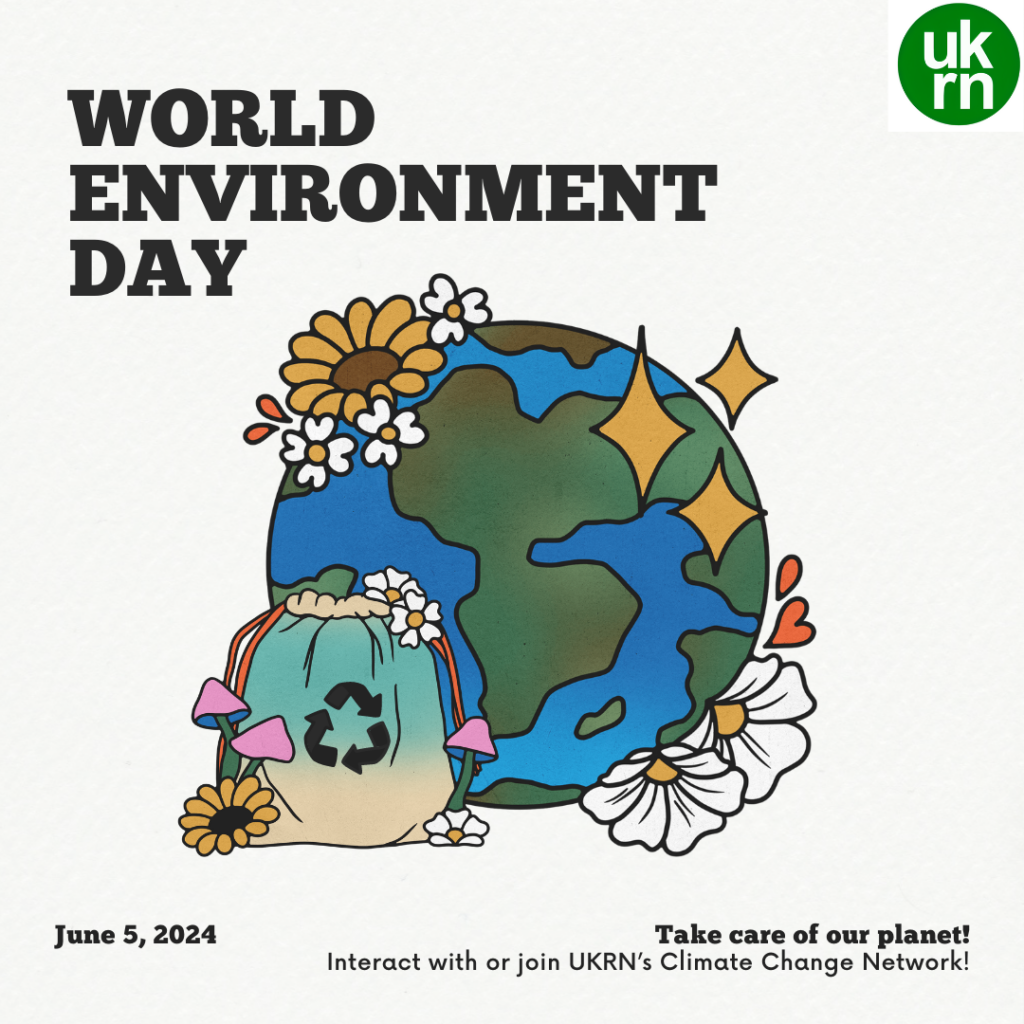Joining forces on World Environment Day

Since 1974, World Environment Day has been celebrated on 5 June, aiming to educate, activate and diversify the environmental movement worldwide, by creating a global platform for public outreach and providing a forum for organisations to advocate environmental causes. The event is supported by the United Nation’s Environmental Programme (UNEP), which plays a key role in identifying and analysing complex environmental problems, developing international environmental programmes and promoting a science and evidence-based approach.
The very first World Environment Day was titled Only One Earth, and emphasised the importance of preserving our unique living planet, and protecting it from the triple crises of climate change, pollution and biodiversity loss. Many topics have followed since, and this year’s theme is “Our Land, Our Future – #GenerationRestoration,” highlighting the need to restore land, prevent desertification, and enhance resilience to drought.
Why is the focus on these issues? The scientific community paints a bleak picture across our world, indicating that more than three billion people worldwide are already affected by a degraded ecosystem, where plants and animal species risk extinction, many within a decade. Water pollution and scarcity and poor air quality are responsible for millions of premature deaths each year and close to half of humanity is in the climate danger zone.
But this is not only a global issue. Climate change is already having effects in ways we can, sometimes tangibly, observe, even here on our domestic shores. These include raising average temperatures (remember last year’s heat wave?), changing rainfall patterns and more frequent extreme weather events, such as hurricanes, flooding and droughts. And the changing climate also brings less immediately noticeable shifts, such as warming of the atmosphere, of the oceans and rising sea levels. The impact on people, animals and the environment from these changes is significant. It’s important to do what we can to reduce the production of greenhouse gases, which are a scientifically proven cause of climate change, as well as adapt to our changing world.
The good news is that industries across the sectors, in the UK and around the world, recognise climate change as an existential threat and are focused on driving forward change. Government has a part to play and regulators – individually and collectively – can help to enable this progress, which is where the UKRN comes in. Through its Climate Change Network, members share and exchange net zero best practice, prompting a whole system approach, identify information gaps, and improve our understanding of what net zero means for our respective regulated sectors and how we can best support them to enable delivery.

The recent IPCC report might have set out the facts of a disheartening reality, where time is running out rapidly in the race for net zero, but it has also pointed to the prospect of hope through genuine and global transformational change. Excellence through collaboration brings us a step closer to success.
#GenerationRestoration
